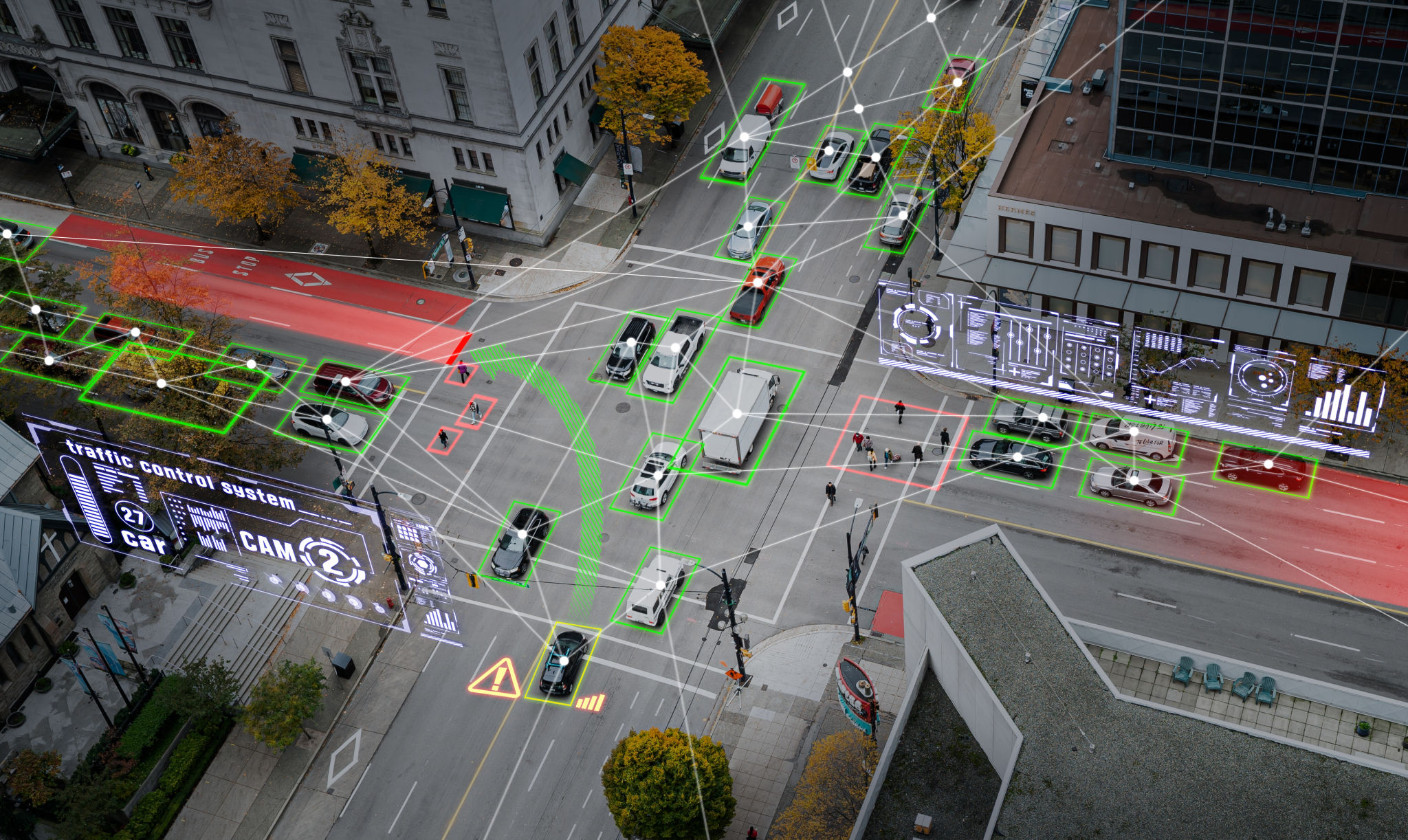How Smart Cities are Revolutionizing Infrastructure: Insights from Quattro Group
Understanding Smart Cities
Smart cities are urban areas that use various types of electronic data collection sensors to supply information used to manage assets and resources efficiently. This includes data collected from citizens, devices, and assets that is processed and analyzed to monitor and manage traffic and transportation systems, power plants, water supply networks, waste management, and other community services.
By leveraging technology, smart cities aim to improve the quality of life for residents, enhance sustainability, and streamline urban operations. The concept of a smart city is rapidly gaining traction worldwide as cities look to modernize infrastructure in response to growing urban populations.

The Role of Technology in Infrastructure
Technology is at the heart of smart city infrastructure. From IoT devices to artificial intelligence, these advancements are creating more efficient and responsive urban environments. For instance, smart traffic management systems can reduce congestion by adjusting traffic light patterns based on real-time traffic conditions.
Moreover, smart grids can optimize energy distribution, reducing waste and improving reliability. This technological integration extends to water management systems that can detect leaks and inefficiencies, thereby conserving valuable resources.

The Impact on Transportation
Transportation is a critical component of urban infrastructure that is seeing significant transformations thanks to smart city initiatives. Implementing smart transportation systems can lead to reduced travel times, lower emissions, and improved safety. Autonomous vehicles, real-time public transit information, and bike-sharing programs are just a few examples of how smart cities are revolutionizing transportation.
Quattro Group has been at the forefront of these advancements, collaborating with cities to design and implement intelligent transportation solutions that cater to the diverse needs of urban populations.

Benefits to Urban Living
Smart cities offer numerous benefits to urban living. By enhancing energy efficiency, reducing pollution, and improving public safety, these cities create healthier environments for their inhabitants. Additionally, the integration of technology allows for better resource management and cost savings.
Quattro Group has highlighted that smart cities also foster community engagement as residents become active participants in their environments through feedback and real-time data sharing platforms. This participatory approach enhances the overall quality of life by aligning city services with citizen needs.

Challenges Faced by Smart Cities
Despite their many advantages, smart cities face several challenges. Privacy concerns are paramount as data collection becomes more pervasive. Ensuring data security while maintaining transparency with residents is crucial for building trust. Additionally, the significant upfront investment required for implementing smart technologies can be a barrier for some cities.
Quattro Group emphasizes the importance of strategic planning and collaboration between government agencies, private industries, and communities to overcome these hurdles effectively.
Future Prospects
The future of smart cities holds immense potential. As technology continues to evolve, the possibilities for enhancing urban infrastructure are limitless. Integration of renewable energy sources, advanced waste management techniques, and smarter public services are just a few areas with potential growth.
Quattro Group remains optimistic about the trajectory of smart cities, advocating for continued innovation and collaboration to unlock new opportunities that will redefine urban living in the coming decades.

